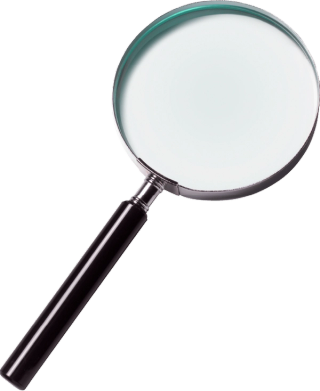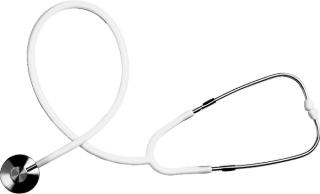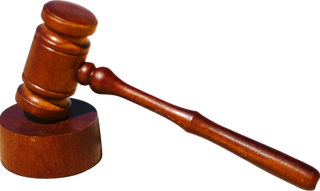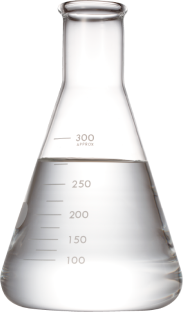No matter your ATAR, It's time to get real
We know that change of preference is an important but stressful time in your life. So we’re here to help you understand your course options, explore pathways, and get support and advice – so you can make the best decisions for your future.
GOT THE ATAR YOU WANTED?
Congratulations on achieving your ATAR goals. At La Trobe, we want to make sure you feel confident in your choice to study with us.
PATHWAYS INTO LA TROBE
Missed out on the ATAR you wanted? There's more options than you think. Use our pathway tool to explore ways to get into your dream course at La Trobe.
Explore studyingat La Trobe
What will your first year be like?
Titus, Jamila, Portia and Imogen share their take on what the first year of uni is really like.
Watch the First Years series
From the nerves of the first day of uni, to law camp and fake fashion shows. Watch along to learn from the successes (and mistakes) of these four first year La Trobe students.








